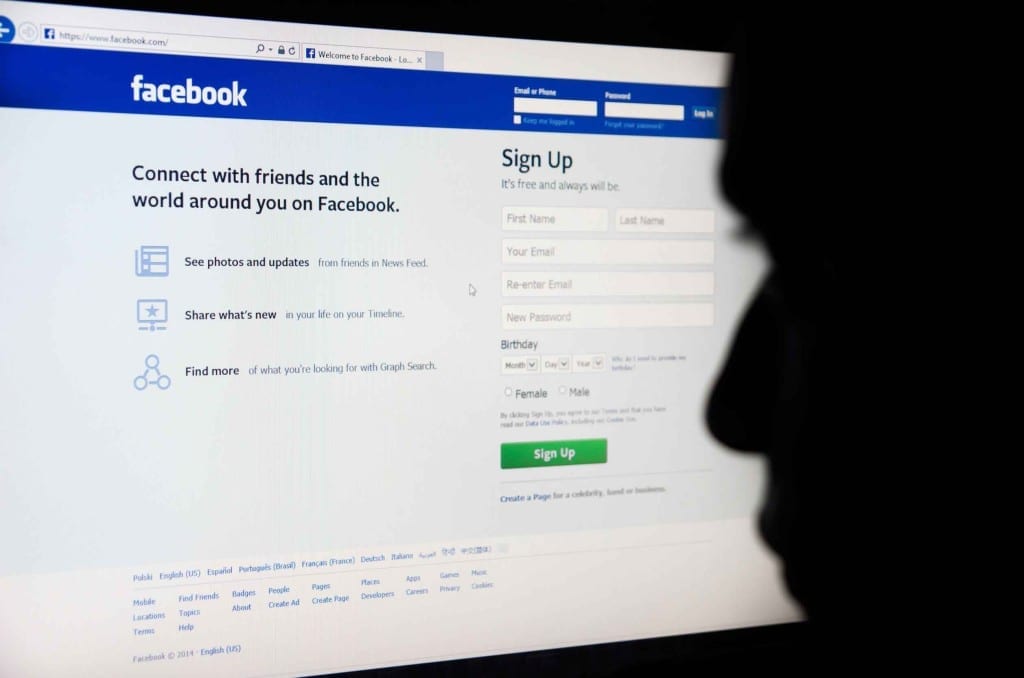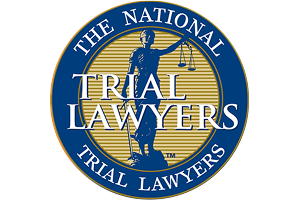- Free Consultation 24/7: (773) 908-9811 Tap Here To Call Us
Illinois Anti-Stalking Law Casts a Wide Net

Stalking is a crime that many people think they understand based on TV and movie representations. To many people, a stalker is a mentally unhinged person who obsessively follows another person and causes their victim to fear for their safety. In Illinois, though, the definition of criminal stalking is much broader than that and encompasses a number of subjective behaviors and activities, making the crime much more common than you might think.
In some cases, the people charged with criminal stalking are actually surprised to be facing that charge because they didn’t realize that their behavior could be considered stalking under Illinois law. If you are charged with this crime, it’s important to understand the definition of stalking in order to be able to build a defense.
Understanding Illinois Stalking Laws
The most basic definition of stalking under Illinois law 720 ILCS 5/12-7.3 is when someone “knowingly engages in a course of conduct directed at a specific person, and he or she knows or should know that this course of action would cause a reasonable person to:”
- Fear for their own safety or the safety of another person
- Suffer any other emotional distress
Under that law, stalking can include:
- Following another person
- Placing another person under surveillance
- Threatening immediate or future harm to a person or their family on two or more occasions
- Compelling a third party to follow or monitor another person

A person doesn’t even need to come into direct contact with their alleged victim in order to be charged with stalking. Cyberstalking is also considered a crime in the state of Illinois, and may include:
- Communicating threats through email or other electronic forms of communication
- Setting up and maintaining a website or web page that is accessible to one or more third parties for a period of at least 24 hours and that contains harassing statements
Penalties for Criminal Stalking
Stalking and cyberstalking are both Class 4 felonies in Illinois, which can mean a one to three year prison sentence if you’re convicted. If you’ve previously been convicted of stalking, the crime is elevated to a Class 3 felony, which is punishable by a two to five year prison sentence. You may also face fines, probation, difficulty finding a job or getting access to public housing due to your criminal record, and the lifelong stigma of being branded a stalker.
However, it’s important to recognize that a stalking charge does not necessarily mean a stalking conviction. Illinois’ anti-stalking law hinges on the defendant knowingly engaging in behavior that could reasonably be expected to cause another person distress, so you may be able to prove that an action (such as leaving flowers on the alleged victim’s doorstep or emailing someone you went on a date with after finding their email address online) was not intended to be malevolent and that you could not have foreseen that the action would cause distress.
Because the Illinois anti-stalking law is so subjective, it potentially criminalizes a wide range of behaviors. But its subjective nature also means that it’s possible to build a strong defense, as long as you work with an experienced criminal defense attorney. If you’re currently facing a stalking charge, contact a lawyer as soon as possible to learn more about the defenses that may be available to you.
About the Author: Andrew M. Weisberg is a former felony prosecutor who now serves as a defense attorney in the greater Chicago area. He has extensive experience in handling all types of criminal cases, from sex offenses and violent crimes to theft-related crimes and domestic violence.




















